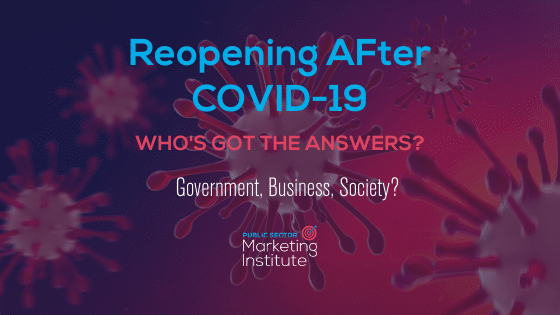
The short answer is nobody has all the answers.
But after reflecting on my week of work and Ireland's roadmap for reopening Ireland I was inspired to write down my thoughts.
I spent this week working with two sides of COVID-19 life. 46 public health officials from Ireland and the UK ended my two-week digital crisis communications course. This week also saw 30 radio sector pros begin a three-week digital marketing course which I'm delivering for Learning Waves Skillnet.
Two very different audiences, but there were stark similarities in the discussions, mainly around communicating with the public and rebounding from COVID-19.
The COVID-19 contradiction for the media industry is one we discussed at length with 30 staff from Ireland's commercial radio sector. Some of those attending the course are on shorter working weeks, some face being furloughed and some may ultimately lose their jobs.
The advertising life has been take out of radio, yet we read that consumption of radio across multiple devices is experiencing record-breaking numbers. Last month in a global study media group Nielsen described the radio sector as "comfort food" such was the reassurance that the sector is providing to citizens around the world affected by coronavirus.
IPSOS MRBI carried out research during 1-13 April on behalf of Joint National Listenership Research (JNLR) across all age categories and asked about radio habits during lockdown. The results make phenomenal reading for the sector with 96% of people saying they had listened to the radio in the last 4 weeks; almost the entire population of Ireland (9 in 10 had listened in the last week).
This is in stark contrast to what is happening on the inside with falling revenues as Ireland is essentially closed for business.
As we develop digital strategies for stations and their clients, we also discussed the mechanisms by which they could re-open safely but also in a viable manner.
This Medium article by Gerard Brady, Chief Economist with IBEC shines a light on that very argument - the viability of reopening your business with a lessened capacity because of social distancing.
If social distancing requires a 25% capacity then no-one is viable without a reduction of two-thirds in their fixed costs.
In the end, a broad re-opening won't occur when the lockdown is lifted, it will only occur when it is viable. And as it stands, it won’t be for many.
The reality is that during uncertainty we crave answers. During COVID-19, a global pandemic, we are looking to other nations for ideas and roadmaps, hacks and innovations that we might be able to deploy here. And we can research and inform ourselves because of the Internet.
What needs to happen now is a roadmap with detail, scenario-based audience segmentation and full engagement with the public, not just through press briefings and press releases, Friday night TV interviews or through journalists.
We need to be able to ask those questions using search (Google / YouTube) and find optimised expert views and rationales from right across our public sector. While social media isn't trusted in the main as a channel, the social networks of trusted brands such as radio, Government and public sector organisations need to up the ante.
If you don't agree with me, perhaps listen to Dr Mike Ryan from the World Health Organisation who described their media and social media teams as the "silent heroes." This is an extract from a WHO press conference on April 17.
While the main priority is public health, there are secondary ailments that are going to affect all aspects of our lives and society. So as we scramble for answers, our public sector is scrambling for solutions.
There are two other experts worth listening too on this topic. This week a sociologist and a behavioural change researcher echoed my view about the role of communications in a pandemic. These extracts are from this week's RTÉ news and a report on re-organising our lives and society around coronavirus.

In the same news report, Prof Molly Byrne, Health Behaviour Change Research Director at NUI Galway, said that clear guidelines are very important for the public.

Let's face it, COVID-19 is a novel coronavirus, this means it's news and we don't have all the answers to the questions - from curing it, to stopping it and even living with it. But the point is we look to Government and public sector for leadership and answers.
Right now we need communications that is open, transparent but most of all laden with detail. The digital age citizen is hungry for information, they want to, and indeed are learning about novel coronavirus, in whichever way they can. The public are looking for a diverse range of expert views to help them make up their own minds on how this deadly disease is, and will continue to affect their lives.
Within 24 hours of the new reopening Ireland roadmap was revealed by our Taoiseach Leo Varadkar, I sat down with my 24-year-old daughter and asked, 'how will this roadmap affect our family?' So we discussed it at length, looking at every one of the five stages. But there were so many questions unanswered as we built out different scenarios.
Being honest, we have to be patient and all we know is about the now. But the nature of humans is that we will always look for answers, and will always ask questions, and some really great ones. So our government and public sector need to listen, understand citizen woes and take a new and more in-depth digital approach to communications during COVID-19.
*******************
Joanne Sweeney is the author of Public Sector Marketing Pro & founder of Public Sector Marketing Institute.
With no pharmaceutical intervention for COVID-19, it is vital that organisations prioritise crisis communications plans to ensure their citizens are informed, single sources of truth are identified and information is updated in real-time. Do you want to learn more about COVID-19 Digital Crisis Communications? Take our accredited Certificate.



 JOIN OUR FACEBOOK GROUP
JOIN OUR FACEBOOK GROUP
Leave a Reply